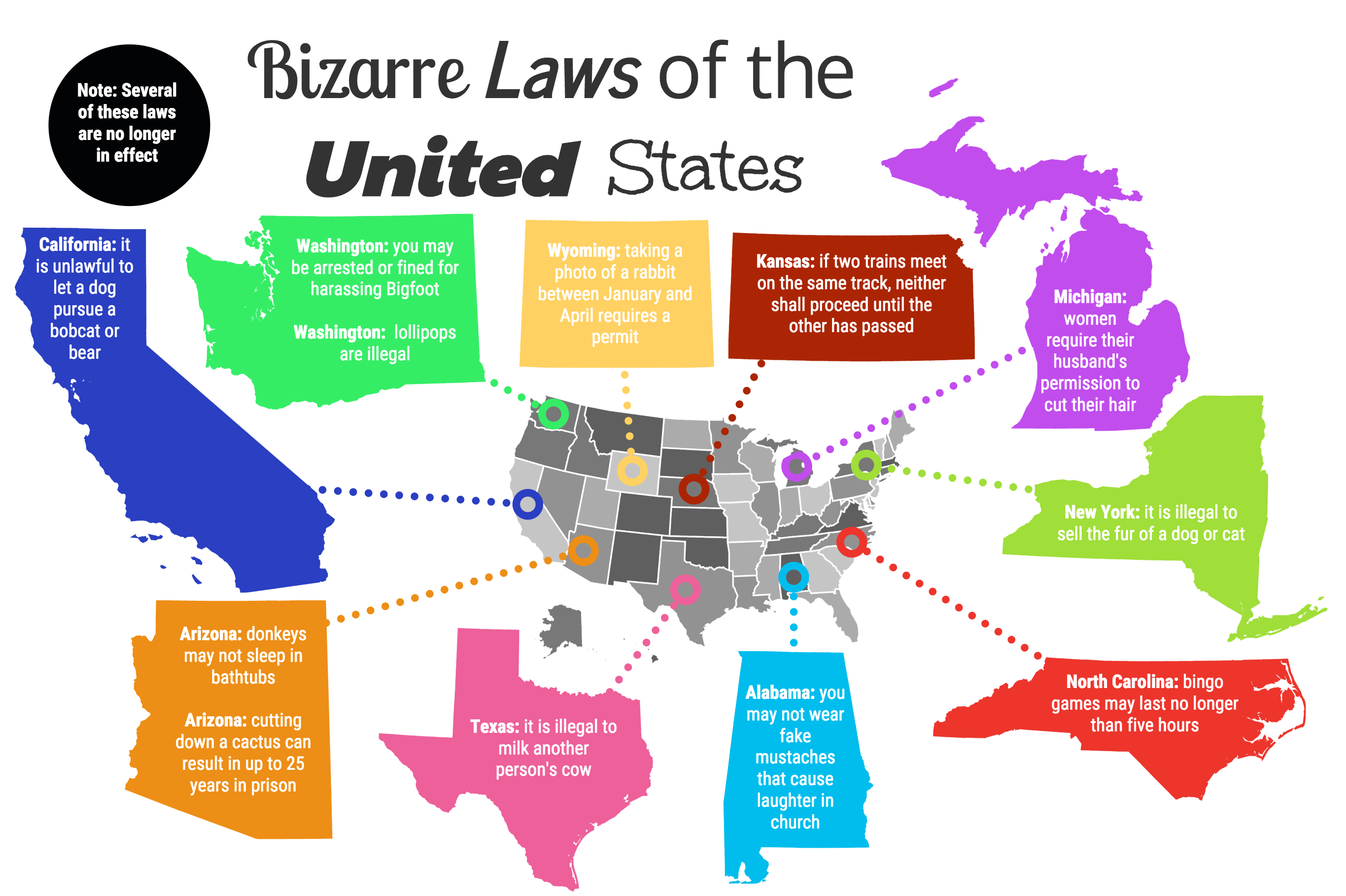Understanding State Laws: A Comprehensive Guide

What are State Laws?
State laws are laws that are enacted at the state level. They are created by state legislatures and are designed to govern the conduct of individuals within a state's jurisdiction. State laws cover a wide range of topics, including criminal law, family law, property law, employment law, and more. Each state has its own set of laws, and these laws can vary significantly from state to state.
Types of State Laws
State laws can be broadly classified into two categories: criminal law and civil law. Criminal law deals with crimes and their punishments, while civil law deals with disputes between individuals. Some common types of state laws include:
- Criminal Law
- Family Law
- Property Law
- Employment Law
- Personal Injury Law
- Consumer Protection Law
How State Laws are Made
State laws are created through a legislative process that involves the state legislature. The state legislature is responsible for introducing, debating, and passing bills that become law. Once a bill is passed by both the House of Representatives and the Senate, it is sent to the governor for approval. If the governor signs the bill, it becomes law. If the governor vetoes the bill, it can still become law if the legislature overrides the veto with a two-thirds majority vote.
Enforcing State Laws
State laws are enforced by state agencies, courts, and law enforcement agencies. These entities work together to ensure that state laws are upheld and that individuals who violate state laws are held accountable. Depending on the nature of the violation, the penalties for breaking state laws can range from fines to imprisonment.
Pros and Cons of State Laws
Pros
- State laws help to maintain order and ensure public safety.
- They provide a framework for resolving disputes between individuals.
- State laws protect the rights and interests of citizens.
- They promote fairness and equality.
Cons
- State laws can be complex and difficult to understand.
- They can be subject to political influence and bias.
- State laws can be inconsistent and vary from state to state.
- They can lead to unintended consequences and negative outcomes.
Frequently Asked Questions (FAQ)
Q: What happens if I violate a state law?
A: If you violate a state law, you may be subject to penalties such as fines, imprisonment, or community service. The severity of the penalty will depend on the nature of the violation and the applicable state law.
Q: Can state laws be challenged in court?
A: Yes, state laws can be challenged in court. Individuals or groups who believe that a state law violates their rights or is unconstitutional can file a lawsuit to challenge the law.
Q: Do state laws apply to everyone within the state's jurisdiction?
A: Yes, state laws apply to everyone within the state's jurisdiction, regardless of their citizenship or residency status.
Q: Can state laws be changed?
A: Yes, state laws can be changed through the legislative process. State legislatures can introduce and pass new laws, amend existing laws, or repeal old laws.
Conclusion
State laws play a critical role in regulating the conduct of individuals within a state's jurisdiction. They provide a framework for maintaining order, resolving disputes, and protecting the rights and interests of citizens. However, navigating through the complex maze of state laws can be challenging. By understanding the basics of state laws and their implications, individuals can better navigate the legal system and ensure that their rights are protected.
